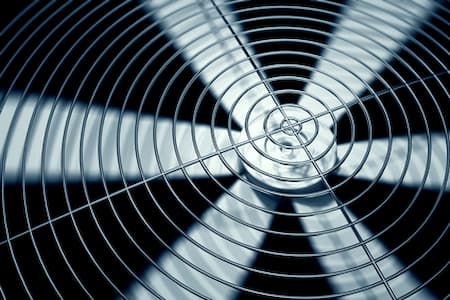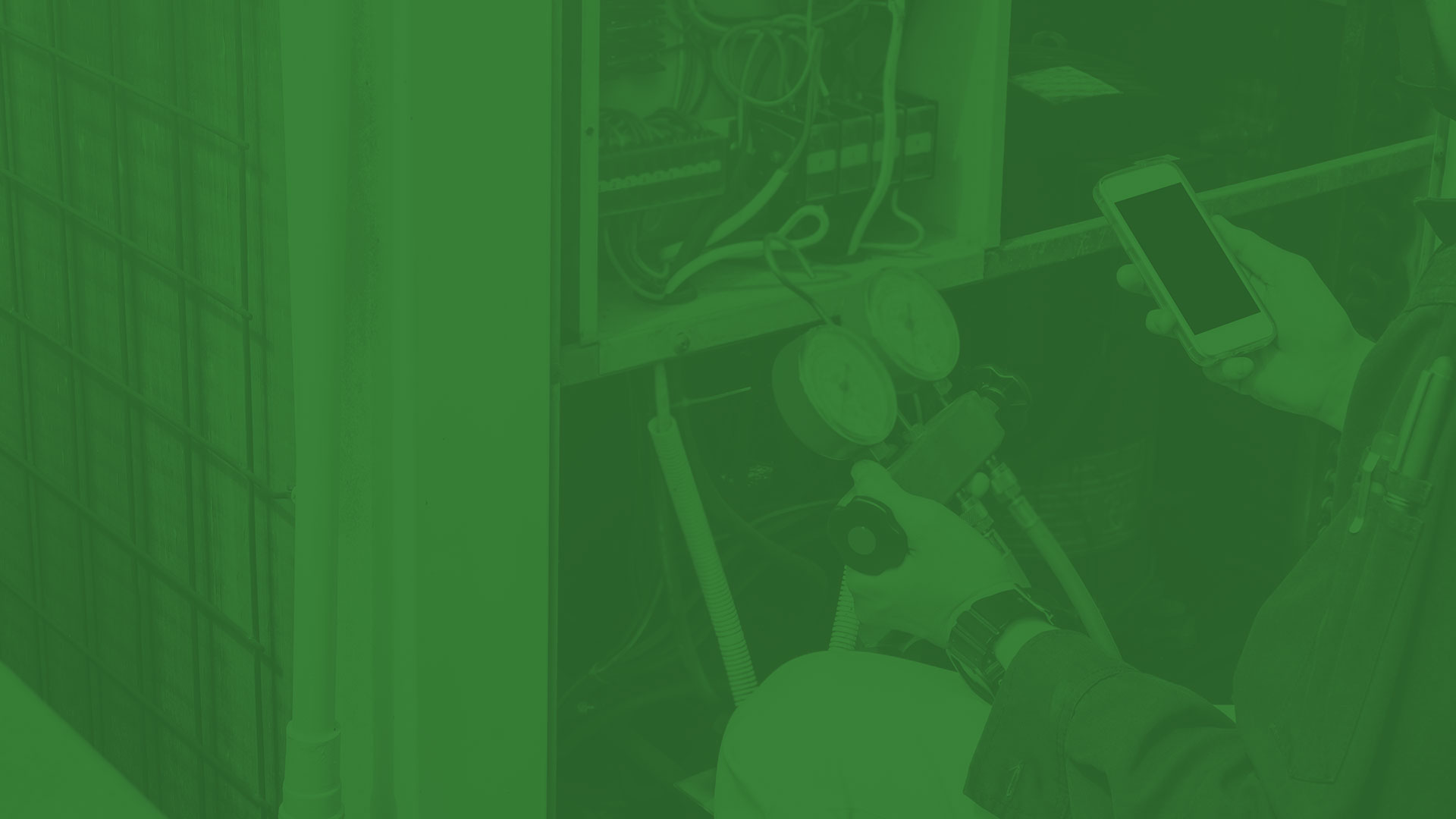The Basic Facts of Upstate South Carolina Indoor Air Quality

Upstate South Carolina indoor air quality is the quality of air around and within structures and buildings related to the comfort and health of the space's occupants. Many factors affect IAQ, such as mold and bacteria (microbial contaminants), particulates, gases like radon, carbon monoxide, and organic compounds, and all mass stressors that can result in dangerous health conditions. Today, Upstate South Carolina indoor air quality has become a major health issue compared to the hazards of outdoor air.
So far, ventilation, source control, and filtration are the best methods to dilute all contaminants in indoor air. To determine Upstate South Carolina indoor air quality, there will be a need to collect air samples on the building's surfaces and constantly monitor human exposure to the pollutants in the air. Computer technology offers a model of air flow in homes and buildings to check how it affects indoor air quality.
At home, indoor air is contaminated by pollutants coming from different sources such as oil, kerosene, wood, coal, and tobacco products that are filtered through heating and cooling systems such as central air conditioning. If very little outdoor air can enter your home, these pollutants will accumulate to a certain degree that will eventually harm your health and cause discomfort in your own house.
In developing countries, the primary cause of indoor air pollution is biomass usage, primarily for cooking and heating. The exposure to its particulates resulted in many deaths almost a decade ago. Experts have also looked into reducing indoor air pollutants using indoor plants. Surprisingly, the effects were favorable enough that indoor plants could bring down organic compounds such as toluene, xylene, benzene, airborne microbes, and molds. However, some institutions do not agree with this study. They claim that higher levels of humidity result in more allergic responses and mold growth, making indoor plants undesirable in any indoor setting. As such, the only way to ensure the Upstate South Carolina indoor air quality remains at healthy and desirable levels is by frequently and effectively turning over interior air with outdoor air. Ventilation should always be sufficient, and air filtration systems should always be present to maintain good Upstate South Carolina indoor air quality. Air filters can trap several air pollutants indoors and reduce dust clinging to the wet coils.
Indoor air quality has triggered greater awareness among many due to the health risks it poses to everyone. Environmental protection agencies run by the government have decided to get involved by developing tools that help improve indoor environmental conditions in many schools. Occupational safety and health offices have also conducted health hazard awareness campaigns and evaluations in workplaces to make sure that the Upstate South Carolina indoor air quality and the substances found within their area have any toxic effects. Many scientists, including mechanical engineers, bacteriologists, computer scientists, chemists, and physicists, also have worked in these studies. On the international scale, the ISIAQ (International Society of Indoor Air Quality and Climate) also conducts conferences and publishes a journal on the studies about indoor air quality.
